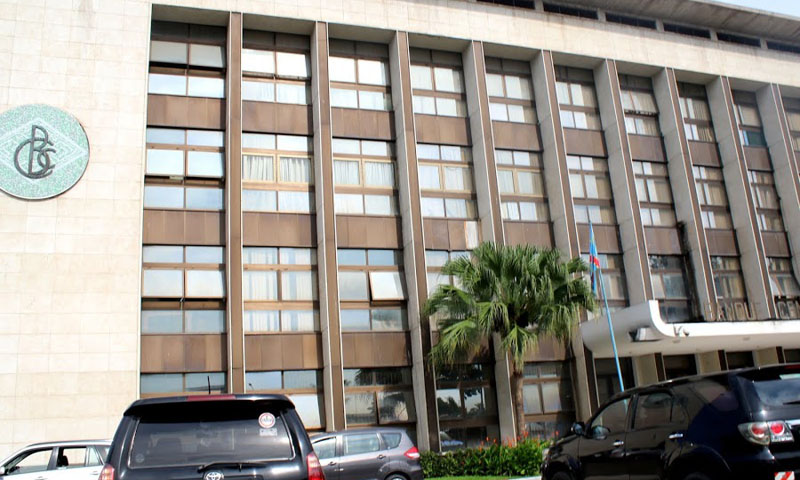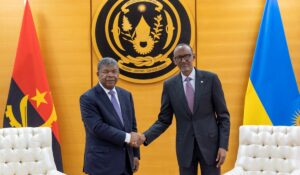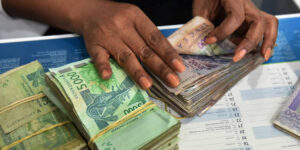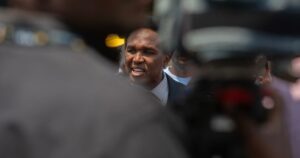Security and Humanitarian Crisis: The situation in the Eastern part of the country continues to severely impact the economy, exacerbating macroeconomic conditions.
High Inflation: Inflation remains high, reaching 23.8% by the end of 2023, driven by persistent pressures on oil and food prices.
Budget Deficit: Domestic budget deficit has exceeded forecasts due to exceptional spending on security and elections.
Slow Structural Reforms: Progress in public financial management reforms has been sluggish, necessitating additional efforts for improved budgetary and cash management.
Downside Risks: Economic prospects are promising yet remain vulnerable to risks such as armed conflicts, commodity price fluctuations, and global economic slowdowns.
Moderate Debt Overhang: The DRC faces a moderate risk of debt overhang, requiring careful management of external debt.
These challenges call for continued prudent macroeconomic policies, strengthened reforms, and rigorous management to stabilize and support economic growth.
The IMF’s assessment highlights the importance of addressing these issues through sustained efforts in economic governance and policy implementation.
As the DRC navigates these challenges, effective management of fiscal resources and structural reforms will be crucial in mitigating risks and promoting sustainable economic development.




